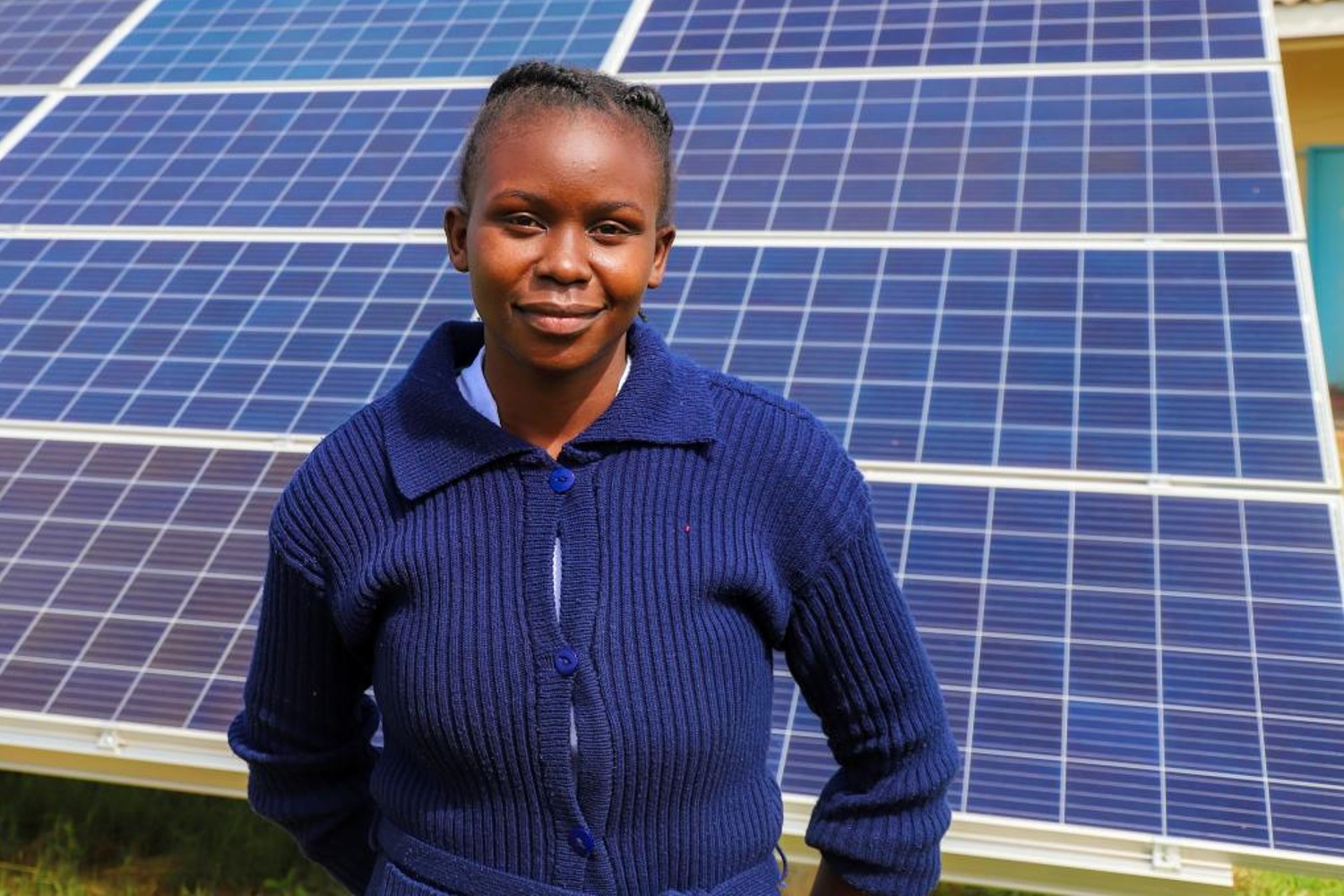The Real Cost of Installing Solar in Zimbabwe (2025 Guide)
The cost of solar energy has plummeted in recent years due to incredible advancements in technology. Considering the escalating cost and hassles of ZESA power, “going solar” has become more feasible than ever. As many Zimbabweans look to solar to reduce electricity costs and avoid the disruptions of load-shedding, we investigate the reality of this and what costs you’ll need to consider.
How a Solar System Powers Your Home
If you are one of the many Zimbabweans looking to avoid load shedding by installing solar power, it’s important to understand the cost of the components that power your home. To best understand this, we need to investigate solar power’s system components and their functions.
 |
| Understand the true cost and components of a solar installation in Zimbabwe. |
The 6 Major Parts of a Solar Energy System
How to Choose the Right Solar Solution
Now that we know the elements that go into providing solar power, figuring out how to choose your solution isn’t as simple as installing a panel on your roof. You need to think critically about how much power your home or business needs, when you need it, and what budget you have. This process can be confusing, which is why we’ve outlined the key questions to ask yourself:
Start by Answering These Questions:
- Do you primarily want to save on your electricity bill?
- Do you want to avoid the inconvenience of load shedding or an unexpected power outage?
- Do you want to become completely energy independent and invest in your future?
Once you’ve answered the above, you can use these answers as a basic blueprint for choosing your required solar solution:
- If the answer is yes to the first question only, a Solar Only (Grid-Tied) Solution is for you.
- If the answer is yes to the second question only, a Battery Backup Solution is for you.
- If the answer is yes to all of the above, a Hybrid Solution (solar & battery) is your best choice. A hybrid solution will enable you to save on your electricity bill and allow you to operate normally during load shedding and unexpected power cuts.
Ready for a Custom Power Plan?
Get in touch with us to talk about your bespoke solar power solution. Our experts will propose a power plan that fits your needs and your budget, helping you navigate your journey to energy independence.
Compare Top Inverter Brands in Zimbabwe
We work with a wide range of trusted, high-performance inverter brands to build reliable solar systems tailored to your needs and budget.





